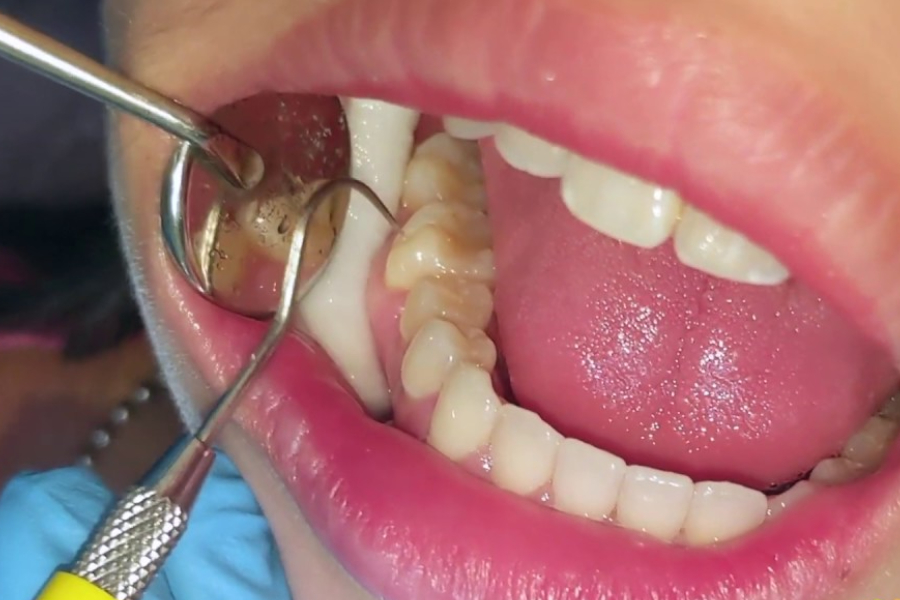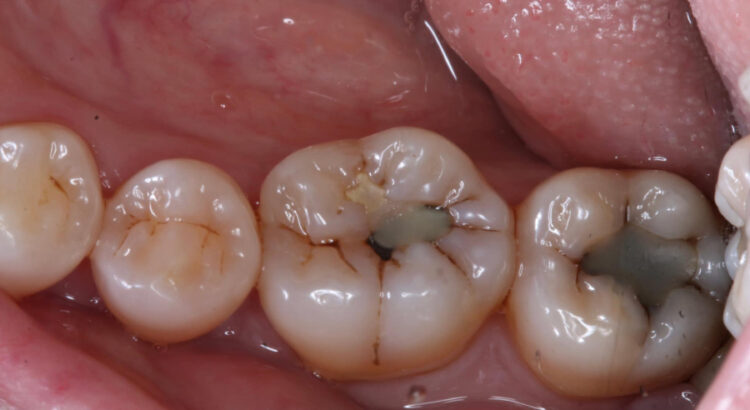Introduction
When you hear the word tooth cavity, all that you think of is pain. No one wants to face the complications of a dental cavity. Serious issues will happen if you do not treat the cavity. Keep reading to learn more about what will happen without treating a tooth cavity. Know More
Also Read : Dental Cavity – How to Know if You Have One?
All You Need to Know About a Tooth Cavity
It will take several years for tooth decay to form prominently. The most common reason for tooth decay is unclean teeth with food particles. Plaque sets in, and bacteria make their way into the teeth’ enamel. As bacteria starts eroding the enamel, it reaches the dentin. As infection proceeds deep into the dentin, the decay creates pain.
It would be best to understand that tooth decay will never self-heal. It will worsen with time and spread to the other teeth with improper care. A cavity is like cancer. It will keep growing and cause great damage. To prevent spreading, the removal of the decay is the only choice. If the cavity:
- Is in its early stage, dental fillings will be helpful.
- Reaches tooth root; you will need a root canal procedure.
- Further grows, the dentist will extract your teeth from the jaw.
Also Read : How to Identify Whether You Have a Tooth Cavity?
Once the infection sets in the body, it will cause trouble to various body parts. Without treating the infection, the patient will never be able to resume a normal life. Therefore, if you are experiencing similar symptoms, seek immediate help to treat the root cause of your problem. Remember that the bacteria from tooth decay can easily enter the bloodstream. In such scenarios, it will affect the entire health.

Dental Cavity Symptoms
You can lookout for a few symptoms and signs to understand whether you are developing a tooth cavity.
- Sudden toothache
- Sensitivity surfacing suddenly
- Pain while chewing food
- Hot & cold sensitivity
- Dark spots on teeth surface
How to Prevent a Tooth Decay?
With certain basic dental hygiene and good practice, you will be able to prevent the formation of a cavity.
- Brush teeth twice every day
- Use fluoride-rich toothpaste
- Take regular dental check-ups
- Use sealants
Summing It Up
Suppose you suspect a cavity schedule an immediate appointment with a dentist instead of concluding things. Remember that a cavity will develop even without the slightest sign or symptom. Therefore, along with proper oral hygiene, seek help from a dentist with frequent check-ups. Doing so will help preserve your teeth health in the long run. Visit our posts on dental filling and toothache remedies for more information.
